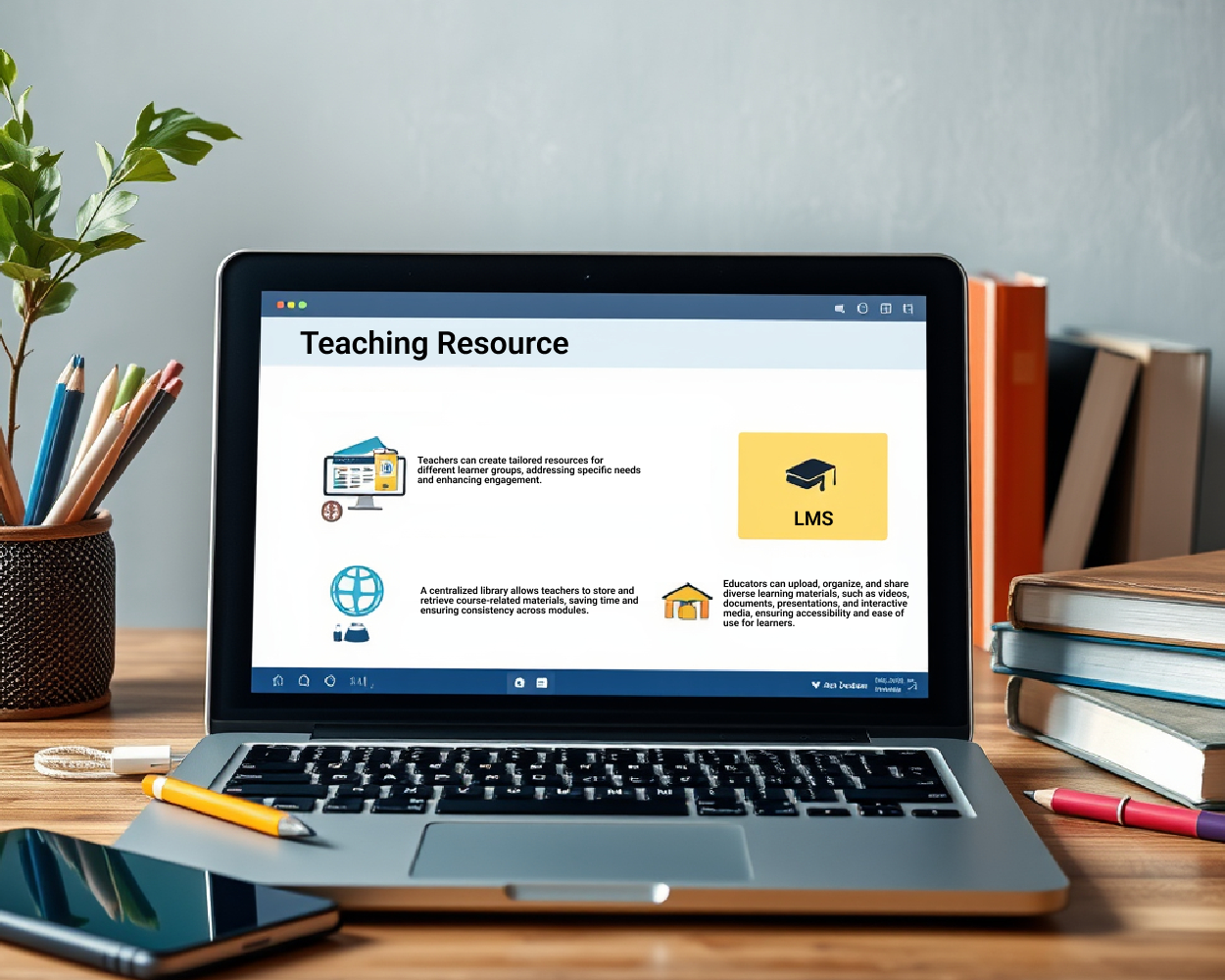
Definition:
- Overview of what a Learning Management System (LMS) is.
- Definition: A software application for the administration, documentation, tracking, reporting, and delivery of educational courses, training programs, or learning and development programs.
Key Features:
- Explanation of core features such as course management, user management, content delivery, and assessment tools.
- Discussion on how LMS facilitates online learning and training.
Benefits of Using an LMS:
- Improved accessibility to learning materials.
- Flexibility in scheduling and learning pace.
- Enhanced tracking and reporting of learner progress.
- Centralized administration and management of educational content.
Types of Learning Management Systems:
- Overview of different types of LMS platforms, including cloud-based, open-source, and proprietary systems.
- Discussion on the suitability of each type for various educational or organizational needs.
Components of an LMS:
- Explanation of essential components like user interface, content management, assessment tools, and reporting features.
- How these components work together to create a seamless learning experience.
Common LMS Use Cases:
- Examples of scenarios where an LMS is commonly employed, such as in schools, universities, corporate training, and professional development.
- Teacher: Monica Doubriyal
- Teacher: BLS Tutor
- Teacher: Himanshu Verma
Course Duration: 3 Hours


























